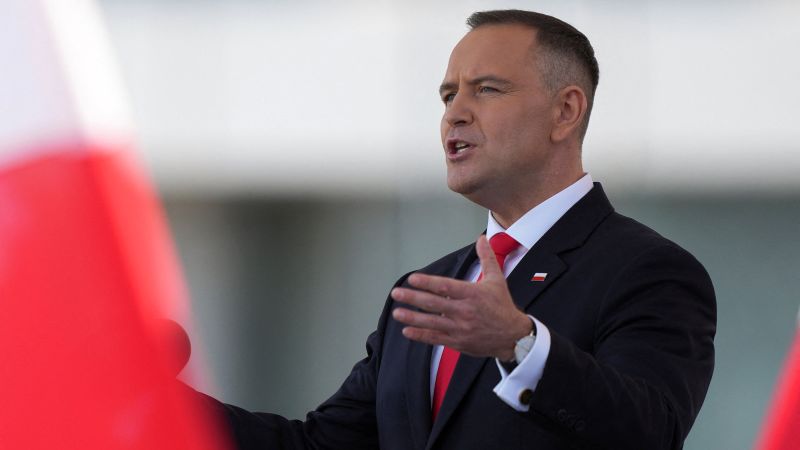
Sally Rooney's Decision to Skip Awards Event Raises Legal Concerns
Opinion | 9/18/2025
Irish author Sally Rooney has foregone attendance at an awards event in London, citing concerns over potential legal repercussions stemming from her backing of the proscribed activist organization Palestine Action. Rooney expressed apprehension, stating that she perceives a risk of arrest under anti-terrorism statutes if she were to enter the UK. The acclaimed novelist’s decision to abstain from the ceremony underscores the complex intersection between literary figures’ political affiliations and legal constraints.
In light of Rooney’s public stance in support of Palestine Action, her declaration of being unable to “safely enter” the UK reflects a significant challenge faced by individuals whose advocacy aligns with contentious causes. This development has reignited discussions on the delicate balance between freedom of expression and national security considerations within the realm of public discourse. Rooney’s reluctance to travel to the UK underscores the potential ramifications that public figures may encounter when expressing solidarity with contentious movements.
Responding to inquiries about Rooney’s absence from the London awards event, a representative for the author declined to provide further comment on the matter. The decision not to disclose additional details regarding Rooney’s decision underscores the sensitivity surrounding the issue and the author’s desire to limit public discourse on the subject. The reluctance to engage in extensive dialogue regarding the circumstances behind Rooney’s absence adds a layer of intrigue to the unfolding narrative.
Legal experts suggest that Rooney’s predicament highlights the intricate legal landscape surrounding individuals associated with contentious organizations and the potential legal ramifications they may face. The intersection of political advocacy and legal restrictions presents a complex terrain that necessitates a nuanced understanding of the legal frameworks at play. Rooney’s case serves as a poignant illustration of the challenges individuals may encounter when their political affiliations intersect with legal boundaries, prompting broader conversations on the implications of such intersections in contemporary society.


